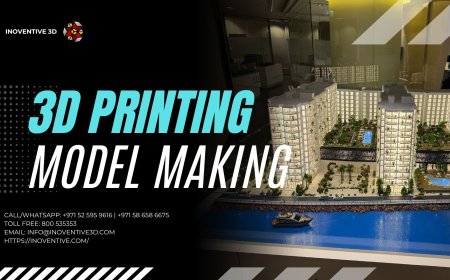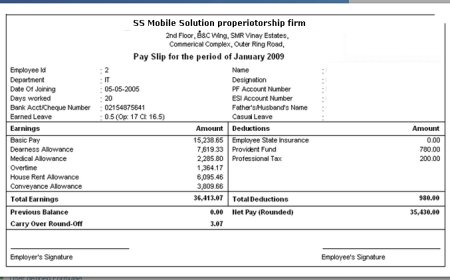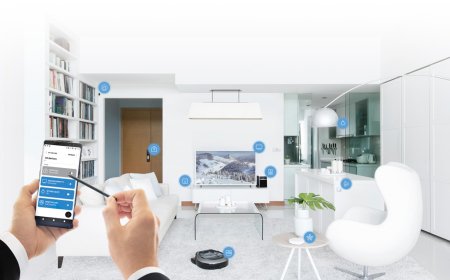A Student’s Guide to Mastering Competency-Based Learning
Capella, Assessment

Capella University is known for its innovativecompetency-based education (CBE) model, which offers students a personalized and flexible approach to higher education. Unlike traditional educational systems where progress is often determined by time spent in class or the number of credits earned, Capellas CBE model allows students to advance by demonstrating mastery of specific skills and knowledge that are essential in their professional fields. This approach gives students the ability to learn at their own pace, with an emphasis on practical, real-world application.
Central to Capellas learning model are its Capella Assessment, which evaluate students proficiency in the competencies required for their program. These assessments are designed to not only test academic knowledge but also assess students ability to apply that knowledge in practical scenarios. In this article, well explore how Capella assessments work, the various types of assessments you can expect, and strategies for succeeding in this unique academic environment.
The Structure of Capella Assessments: Focus on Competency
Capellas competency-based approach to education means that students must demonstrate that they have mastered specific competenciesskills or areas of knowledgebefore they can progress. These competencies are designed to align with industry standards and the demands of various professions, ensuring that Capella graduates are equipped with the skills needed for their careers.
1. Competencies as the Building Blocks
Each program at Capella is structured around competencies that students must master to demonstrate their preparedness for the workforce. These competencies are the foundation of the program and are what students are ultimately assessed on. They can include a wide range of skills, from communication and leadership to technical knowledge and problem-solving.
For example, an education student might be assessed on their ability to design effective curricula or manage a classroom, while a business student might be assessed on their capacity to analyze market data and make strategic decisions. The goal is for students to not just memorize concepts but to apply them meaningfully in real-world contexts.
2. Assessment Types: Multiple Approaches to Evaluation
Capella assessments vary in format and style, providing students with opportunities to demonstrate their learning in a way that suits their strengths. These assessments move beyond the traditional exam-and-paper model, encouraging students to showcase their practical, applied knowledge in a range of formats. Common assessment types include:
-
Written Assignments: These include essays, reports, research papers, and other forms of writing. Written assignments require students to synthesize course material, conduct research, and present their findings in a clear and organized manner. They help develop essential academic writing and critical thinking skills.
-
Case Studies: Case studies are an essential assessment nurs fpx 4015 assessment 2, allowing students to engage in problem-solving and critical analysis of real-world situations. In a case study, students must analyze a scenario, identify problems, and propose solutions. This assessment type simulates workplace challenges and tests a student's ability to apply theoretical knowledge.
-
Capstone Projects: A capstone project is typically a final assignment that requires students to apply what theyve learned throughout their program to solve a complex, real-world issue. Capstone projects are often substantial in scope and may involve research, collaboration, and detailed analysis, showcasing the culmination of a students learning journey.
-
Presentations: In many programs, students are required to present their work to demonstrate their communication skills. Presentations can involve pitching business ideas, presenting research findings, or explaining a professional concept to peers or instructors. This assessment type helps students develop public speaking and presentation skills, which are valuable in any professional career.
-
Quizzes and Exams: While Capellas CBE model reduces the reliance on traditional exams, some programs may include quizzes and exams as part of the assessment process. These are often designed to test foundational knowledge and ensure that students have a solid grasp of the core concepts in their field of study.
3. Ongoing Feedback: The Role of Instructors
Capellas assessment model emphasizes continuous feedback, rather than waiting until the end of the course for final grades. This ongoing feedback provides students with opportunities to refine their work and improve their understanding of course material. Instructors offer constructive feedback on assignments, case studies, and other assessments, helping students enhance their performance before submitting final versions of their work.
The feedback process at Capella is designed to be supportive and educational, enabling students to learn from their mistakes and build upon their strengths. This dynamic interaction between students and instructors ensures that assessments are not just a measure of performance but also a tool for growth and improvement.
Why Capella Assessments Matter: Benefits for Students
Capellas unique approach to assessments offers several advantages that set it apart from traditional educational systems. By focusing on competency mastery, Capella ensures that students are not only gaining knowledge but also developing the practical skills they need to succeed in their careers. Below are some key benefits of Capella assessments:
1. Real-World Relevance
One of the biggest benefits of Capella assessments is that they are designed to mirror real-world situations. Rather than focusing on rote memorization or abstract concepts, Capella assessments require students to demonstrate how they would apply their learning in professional settings. Whether its creating a marketing plan, analyzing a case study, or managing a project, Capella assessments are grounded in the reality of the professional world.
This practical approach ensures that students graduate with the skills and knowledge that employers nurs fpx 4000 assessment 3, giving them a competitive edge in the job market.
2. Personalized Learning Pathways
Because Capella follows a competency-based model, students are able to learn at their own pace. If you already have some knowledge or experience in a particular area, you can accelerate your learning by moving through the material more quickly. If you need more time to master a specific competency, you can take the time you need without feeling rushed.
This flexibility allows students to tailor their educational experience to fit their individual needs and learning styles, making it possible to balance coursework with other responsibilities, such as work or family commitments.
3. Comprehensive Skill Development
Capella assessments focus not only on academic knowledge but also on the development of a wide range of professional skills. These can include critical thinking, problem-solving, communication, and project management, all of which are essential in todays competitive job market. The ability to develop and demonstrate these skills through assessments helps students become well-rounded professionals capable of thriving in their chosen careers.
4. Frequent Progress Checkpoints
The ongoing feedback and assessment structure at Capella allow students to monitor their progress more frequently than in traditional education models. Instead of waiting until the end of a semester to find out how they performed, students receive regular feedback on their strengths and areas for improvement. This continuous check-in allows students to make adjustments to their learning and ensures they stay on track to meet their competency goals.
Tips for Succeeding in Capella Assessments
While Capella offers a flexible and supportive learning environment, students must still actively engage in their coursework to succeed. Here are some strategies for excelling in Capella assessments:
1. Review the Rubrics
Before starting any assignment, take the time to review the grading rubric. Capella provides detailed rubrics for each assessment, outlining the criteria for success. Understanding what is expected from you will help guide your work and ensure that you meet all the necessary requirements.
2. Embrace Feedback
Capellas feedback system is an invaluable resource for students. Instead of viewing feedback as a form of criticism, use it as a learning tool to improve your work. Pay attention to the areas where your instructor suggests improvements and make the necessary adjustments before submitting final versions of your assignments.
3. Stay Organized and Plan Ahead
Capellas competency-based model requires students to take a proactive approach to learning. Create a study plan that includes specific deadlines for each assignment or competency. Breaking larger tasks into smaller steps will help you stay organized and prevent feelings of overwhelm as you progress through your coursework.
Conclusion
Capella Universitys competency-based assessments are designed to help students develop the practical skills and knowledge they need to succeed in their careers. Through real-world assessments, personalized learning pathways, and ongoing nurs fpx 4905 assessment 1, Capella provides an environment where students can thrive and make measurable progress toward their professional goals.
By understanding how Capella assessments work and applying the strategies outlined in this article, students can effectively navigate this unique learning model and achieve success. With dedication, planning, and a proactive approach, Capella students are well-positioned to demonstrate mastery of their competencies and excel in their chosen fields.








































